The Consortium’s Student Sustainability Design Challenge (SSDC), now in its second year, has expanded to 15 schools and two CTCs spread across Western Pennsylvania. With more than 200 students in the program, the SSDC added a second kickoff event this year to accommodate rapidly growing student and teacher interest.
The SSDC represents a culmination of the Consortium’s many future ready initiatives, combining industry and post-secondary partnerships with a project-based learning approach, career exploration, and a focus on designing equitable solutions that support those in need.
The Consortium developed the program as a way to engage students actively in their education, inspiring a sense of agency, responsibility, and sense of purpose among young learners as they explore sustainability as a career path.
“When I came here today, I thought that sustainability was too big for someone like me,” remarked one student from South Fayette Township School District. “After talking to so many different adults, I realize that everyone can make a difference.”
Student teams gathered at the Energy Innovation Center in Pittsburgh’s historic Hill District neighborhood in October to explore ways that they might address the United Nations Sustainable Development Goals (UN SDGs) in their own communities. Harnessing their own knowledge and experience, they identified areas of need and opportunity in their schools and neighborhoods, ranging from food insecurity to infrastructure, safety, clean water, and better education.
With challenges in mind, they then jumped into conversations with a wide range of professionals from across industries and backgrounds to learn how passionate individuals are tackling such issues right now in our region. For many students, this was their first experience learning about sustainability, opening their eyes to new career and post-secondary pathways.
Back at their schools (from now until the early spring months), each student team will select a challenge that aligns with the UN SDGs, applying the key elements of project-based learning to research, brainstorm, and develop solutions. Students will then re-convene in the spring to present their ideas and learning to an audience of professionals.
The SSDC is made possible by generous support from our sponsors: Ebara Elliott Energy, EQT, Pitt Ohio, PNC Bank, PPG Industries, and UPMC.






